Blueprints for a Modernized U.S. Diplomatic Service with Senators Cardin and Hagerty
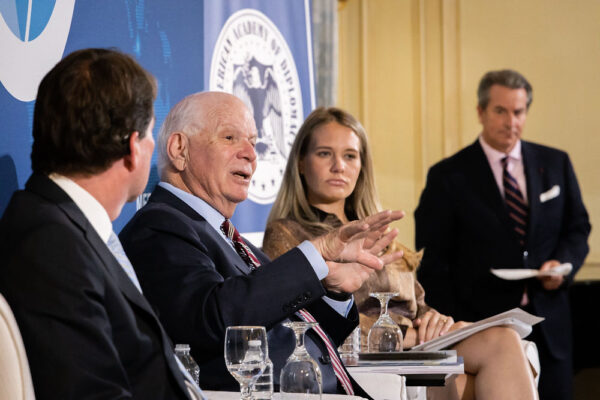
Click HERE to view the video of the program on YouTube.
Top Takeaways from Blueprints for a Modernized U.S. Diplomatic Service
In the competitive international environment of the present age, diplomacy is more important than ever for keeping the U.S. safe and its interests around the world secured. As the oldest department within our Executive Branch, the U.S. Department of State could use a refresh to ensure that it has the skills and capacity to deal with the challenges ahead. On May 31, 2023, Meridian and the American Academy of Diplomacy came together to highlight Arizona State University’s non-partisan and transparent Blueprints for how to modernize the Department. If the political will is there, as Senator Cardin and Senator Hagerty have pointed out there is, these “blueprints” can outline the path forward.
CNN’s National Security Correspondent Kylie Atwood moderated a bipartisan conversation between Senator Bill Hagerty and Senator Ben Cardin during the program. The Academy’s own Ambassador Ron Neumann, Ambassador Marc Grossman and Ambassador Jo Ellen Powell also provided remarks on the Blueprints.
The American Academy of Diplomacy celebrated their 40th Anniversary after the program. This was an opportunity to recognize and salute the Academy’s efforts to support and strengthen U.S. diplomacy and enhance public appreciation of its critical role in advancing the national interest.
Here are some top takeaways from the program:
- “If you don't fully fund the State Department, please buy a little more ammunition for me because I'm going to need it.” – General Mattis. The general’s profound words carry a stern warning for the future of U.S. foreign policy. Whatever savings we will enjoy from underfunding the U.S. Department of State in the present, the more risk, conflicts, and human costs we will incur as a result. While the Department’s budget is part of the broader national security budget, it is relatively small. Under the current budget constraints, often weighed down by politics, there is, however, room for flexibility. The key question will be how to be as smart and efficient with the resources available to bring U.S. diplomacy to the next level to meet the challenges of the present and future. The Blueprints suggest an increase of the Department’s personnel available for long term training by 8%, 4% of which have already been secured.
- “The snake that does not shed its skin, dies.” – Japanese proverb. Staying relevant means keeping up with the times. As Secretary Blinken has pointed out, the U.S. Department of State needs to be reinvigorated. The Ambassador confirmation process takes too long; AI and new technologies present novel challenges and opportunities for diplomats; and risks around the world are leading U.S. embassies to fence themselves in. By improving how the U.S. Department of State functions, including its career development, training and how it communicates its mission to the American people, the agency will be able to reassert itself as the leading foreign policy entity in the Interagency Policy Council. Many voices have joined the foreign policy discussion, drowning out the U.S. Department of State’s own. It is time to reinvent the Department, and for it to rediscover its voice.
- The Strength of the U.S. Department of State is its People. Training is paramount to the modernization of the Department. Diplomats are currently missing many of the skills needed to effectively do their jobs abroad. These include risk management skills, operational experience, language training, leadership skills, and more. Training should be an integral part of career development at every level of the department. Senator Hagerty, a lifelong businessman who served as U.S. Ambassador to Japan, pointed out how many diplomats he worked with while in Tokyo who had no business education or background, skills that he found to be essential to the success of diplomatic teams. To be effective, the Department will need personnel with a variety of educational backgrounds, such as in business, computer science, and science.
- Reserve Diplomatic Corps. It is no mystery that the U.S. Department of State is understaffed, a problem which becomes much worse when the Department must leave positions vacant to surge for a crisis. Securing enough of a workforce to avoid the constant moving around of personnel is key to professional development, adequate training and ensuring America’s interests abroad are ensured. Building a Reserve Corps of around 1,000 people, hired gradually in the next few years could provide the much-needed support to U.S. diplomats abroad.
- Mission and Mandate. Chiefs of Mission often find themselves without enough authority to get their jobs done. Understaffed and undertrained, diplomatic teams abroad need more support if they are to be effective in their roles. Diplomats must also take responsibility for risk management as diplomacy does not function in a world without risk. As Ambassador Grossman pointed out “Americans expect and deserve the highest functioning diplomatic service in the world. That is key to America’s interests.” The Blueprints provides the path forward for the Department, as well as the legislative language needed to pass in Congress to make it a reality. As the report points out “America’s diplomats must not only be preeminent experts on the world outside our borders, ready to represent our nation by understanding the politics, economics, security, culture, and languages of each country on every continent, but also strategic thinkers and leaders making essential contributions to the policy making process at home.”
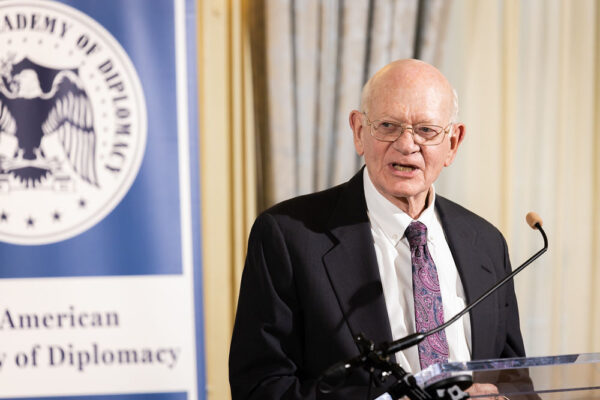
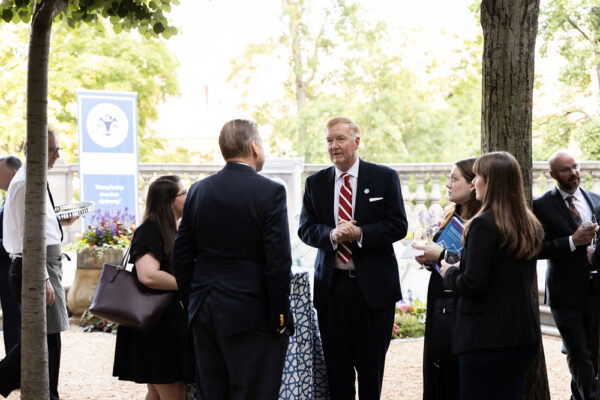
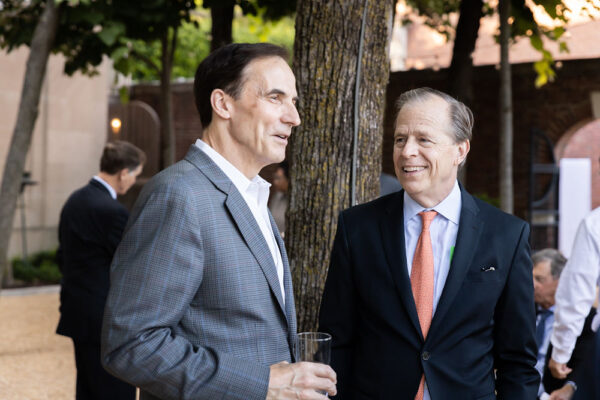
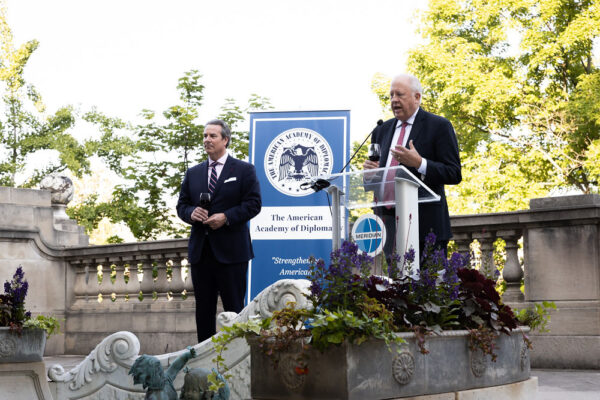
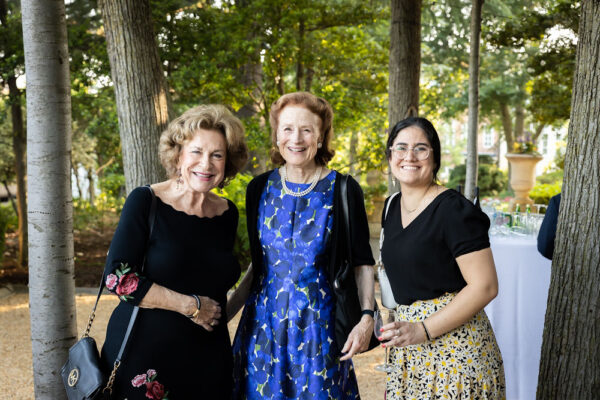
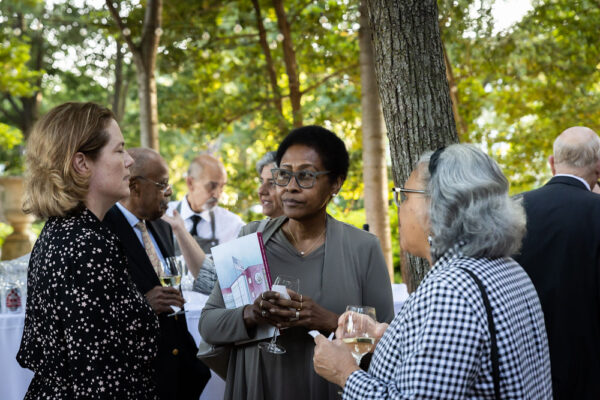
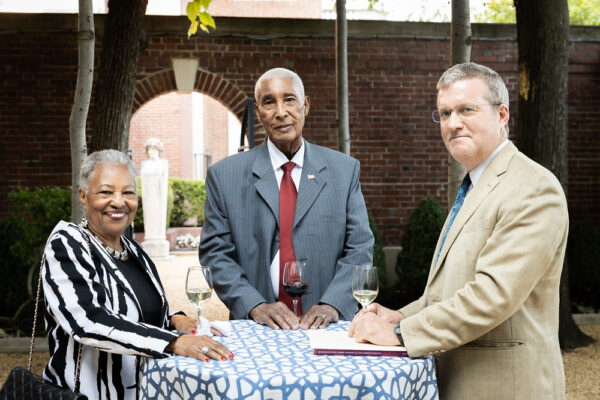
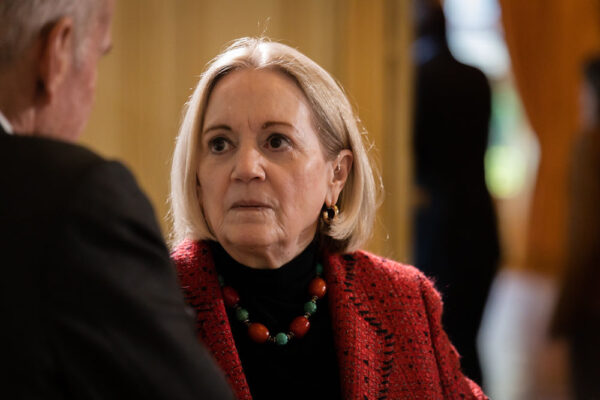
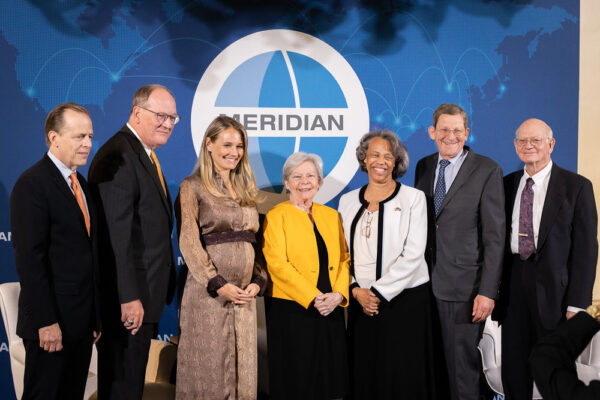
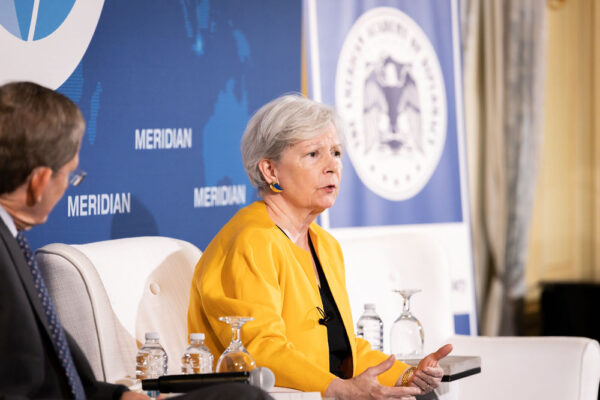
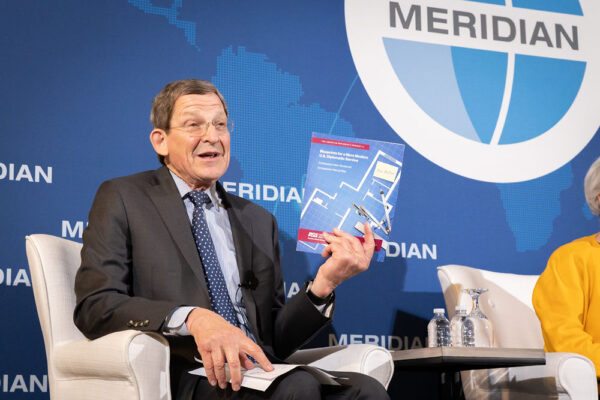
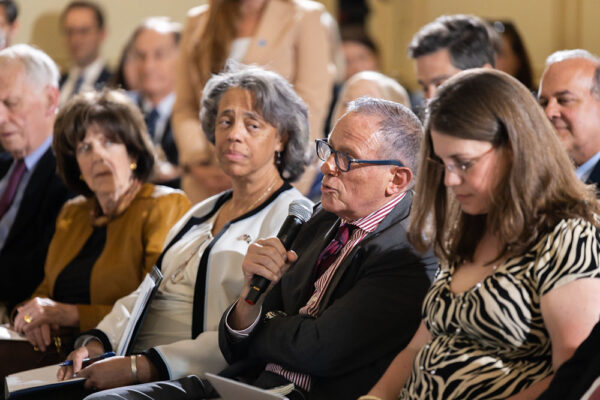
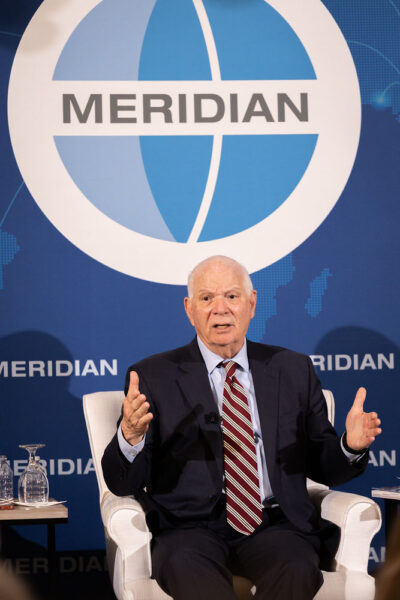
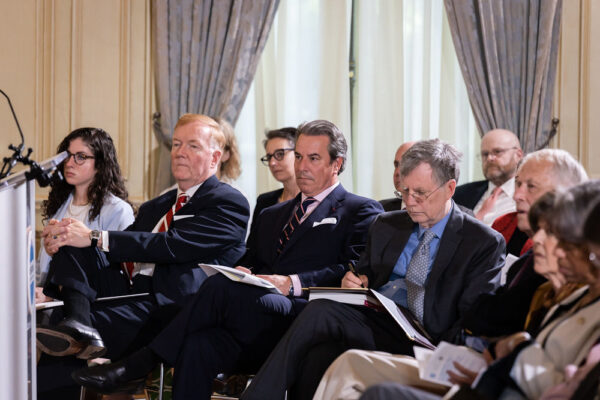
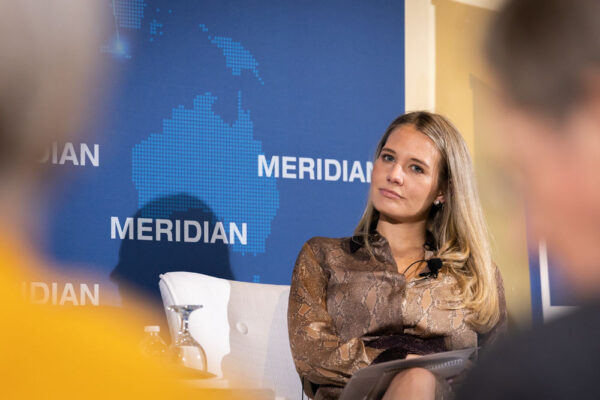
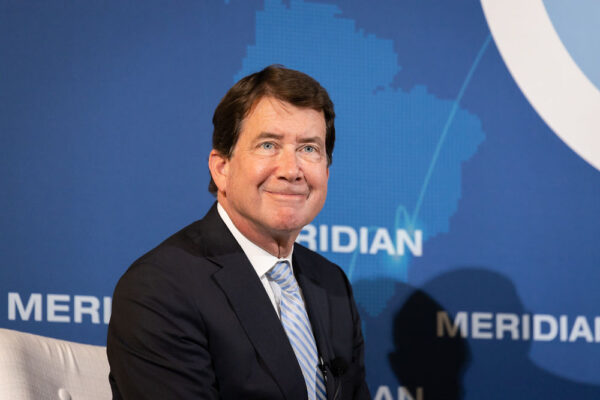
Project summary
| Blueprints for a Modernized U.S. Diplomatic Service with Senators Cardin and Hagerty | May 2023 | |
|---|---|
| Number of Visitors: | 67 |
| Countries: | United States |
| Impact Areas: | Foreign Policy, Governance and Transparency, Public Diplomacy, Security and Defense |
| Program Areas: | Diplomatic Engagement |
| Partners: | NGOs |